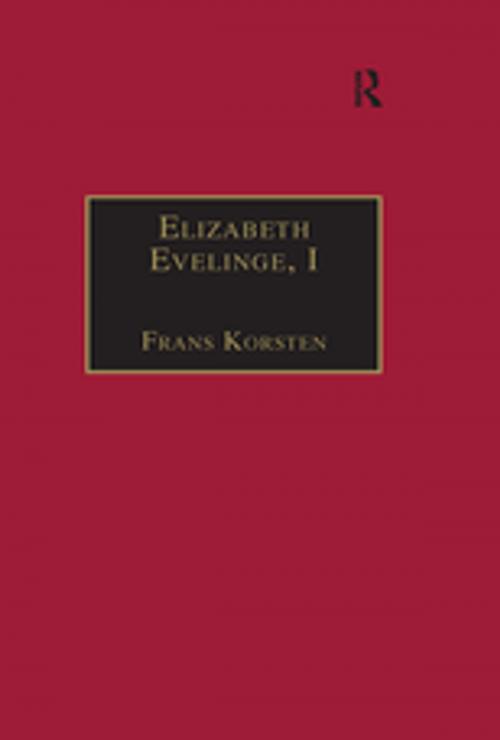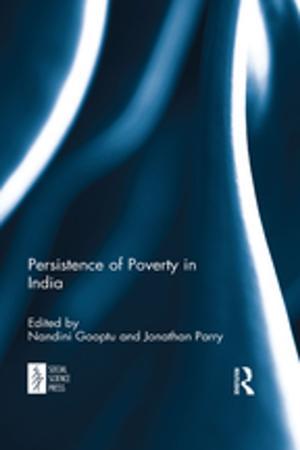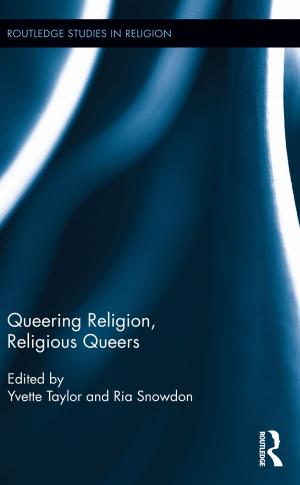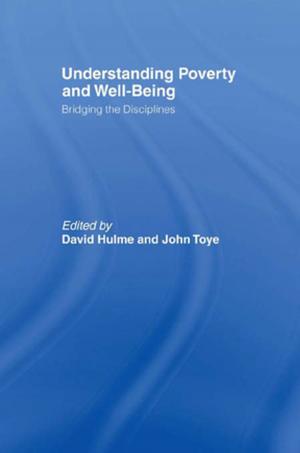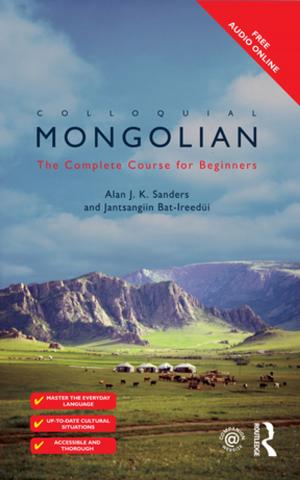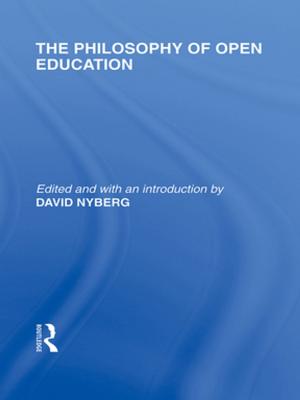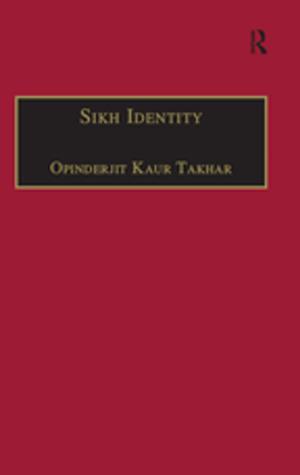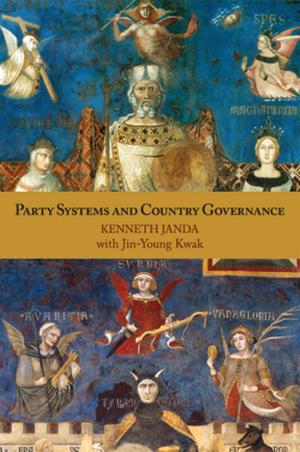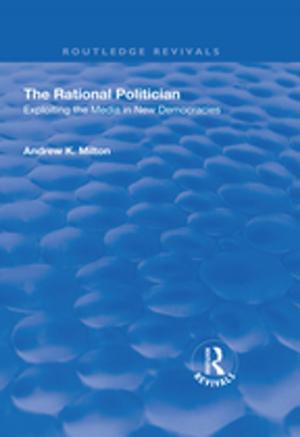Elizabeth Evelinge, I
Printed Writings 1500–1640: Series I, Part Three, Volume 3
Fiction & Literature, Literary Theory & Criticism| Author: | Frans Korsten | ISBN: | 9781351941082 |
| Publisher: | Taylor and Francis | Publication: | March 2, 2017 |
| Imprint: | Routledge | Language: | English |
| Author: | Frans Korsten |
| ISBN: | 9781351941082 |
| Publisher: | Taylor and Francis |
| Publication: | March 2, 2017 |
| Imprint: | Routledge |
| Language: | English |
The history of the angelicall virgin glorious S.Clare (Douai 1635) is a translation by 'Sister Magdalen' of a work by the Franciscan priest François Hendricq, Vie admirable de madame S. Claire fondatrice des Pauvres Clairesses (1631). In its turn Hendricq's book is largely a translation of parts of Luke Wadding's Annales ordinis minorum ('Annals of the Franciscan Order'). These volumes include an account of the activities of the young woman, Clara Offreduccio di Favarone, one of the many followers of St. Francis of Assisi. In 1212 Clara was advised by St. Francis to withdraw to the monastery at San Damiano in Assisi. In this way St. Francis founded his Second Order, an order of religious women known as the Poor Clares. 'Sister Magdalen' has been identified as Elizabeth Evelinge who belonged to a dissident group of Poor Clares that left their English convent at Gravelines in 1627 and started a new convent at Aire in May 1629. The copy of her translation reproduced in this volume is that of Heythrop College, University of London.
The history of the angelicall virgin glorious S.Clare (Douai 1635) is a translation by 'Sister Magdalen' of a work by the Franciscan priest François Hendricq, Vie admirable de madame S. Claire fondatrice des Pauvres Clairesses (1631). In its turn Hendricq's book is largely a translation of parts of Luke Wadding's Annales ordinis minorum ('Annals of the Franciscan Order'). These volumes include an account of the activities of the young woman, Clara Offreduccio di Favarone, one of the many followers of St. Francis of Assisi. In 1212 Clara was advised by St. Francis to withdraw to the monastery at San Damiano in Assisi. In this way St. Francis founded his Second Order, an order of religious women known as the Poor Clares. 'Sister Magdalen' has been identified as Elizabeth Evelinge who belonged to a dissident group of Poor Clares that left their English convent at Gravelines in 1627 and started a new convent at Aire in May 1629. The copy of her translation reproduced in this volume is that of Heythrop College, University of London.
